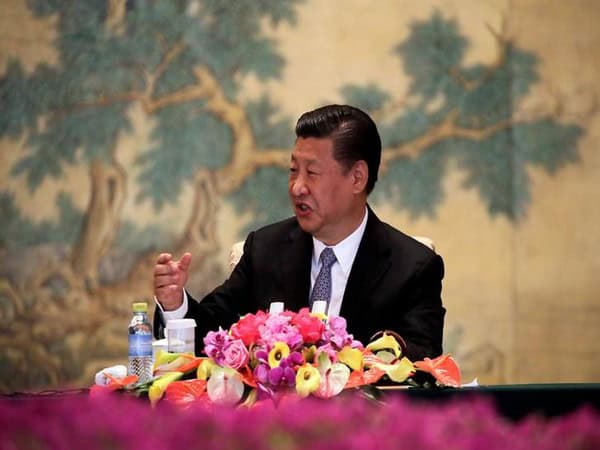Beijing: “Five months ago, President Xi Jinping jolted his countrymen by abolishing the presidential term limit and signaling his intention to serve for life. But the real surprise was to come later,” Minxin Pei, Professor of Government at Claremont McKenna College, and the author of China’s Crony Capitalism said in his article titled, “China’s Summer of Discontent”, for Project Syndicate.
The author in his article opined that President Xi Jinping is facing his “worst summer” since November 2012. His leadership is being constantly questioned after a string of “bad news” left the Chinese elites anxious and helpless.
What makes it even more significant is that doubts started emerging after “President Xi Jinping jolted his countrymen by abolishing the presidential term limit and signaling his intention to serve for life.”
The news that broke last week about the production of substandard vaccines for diphtheria, tetanus and whooping cough, and release of fake data for rabies vaccine by a pharmaceutical company, left yet another blot on Xi Jinping’s promise of anti-corruption.
However, these are not new to China. Earlier, corrupt businessmen and officials were held accountable for contamination of heparin – a blood-thinning drug.
Jinping had tilted the popular sentiment to his favour relying on his politics which promised eradication of corruption. However, a private company with deep political connection at the center of the scandal made clearly evident that Xi’s anti-corruption drive did not receive as much success as expected.
“An unintended consequence of Xi’s consolidation of power is that he is accountable for the scandal, at least in the eyes of the Chinese public.” The author stated.
The scandals came at the time when the country’s economic situation looks grim with a 14% decline in stock prices. The author stated in his article, “The renminbi has reached a 13-month low, and while GDP growth is ostensibly on track to meet the 6.5% target for 2018, the economy is showing signs of weakness. Investment, real-estate sales, and private consumption are all slowing, prompting the government to halt its deleveraging effort and allocate more funds to propping up growth.”
The author also opined that the most difficult challenge for China to realise its vision of “China Dream,” which envisions the country’s revival as a world power, is its trade war with the United States of America – on which it is dependent for technology and market.
However, Xi Jinping does not have much to worry about as there is no political rival to dethrone him at present, however, his leadership will not go unquestioned as every setback will reinforce negative perceptions of his rule.
What could be predicted and what is evident is what the writer puts as “China is headed in the wrong direction. This is not lost on China’s elites, whose frustration is palpable – and rising.” (ANI)

